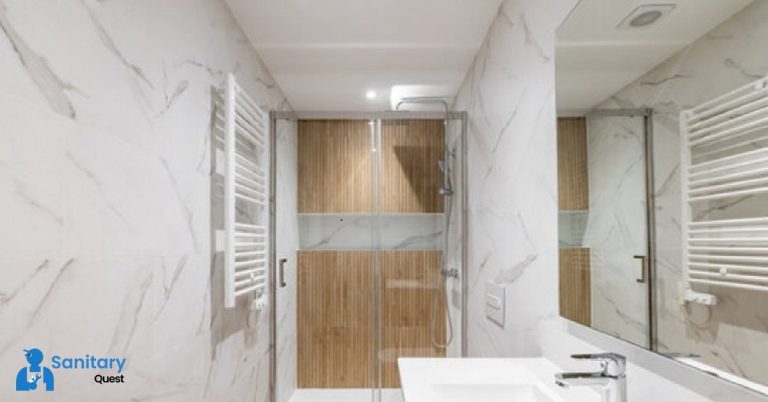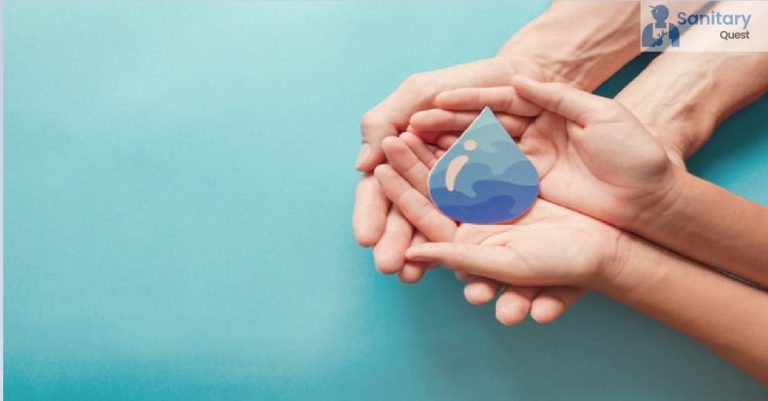5 Signs You Need To Call A Plumber
The homeowner may be able to handle certain plumbing problems on their own, while others are simply beyond their capabilities and need to call a plumber for the intervention of a trained professional plumber. Are you familiar with the conditions under which you ought to seek the advice of a specialist?
Five Situations that could take you by surprise | You need to call a plumber
- The faucet won’t stop dripping
The vast majority of people will, at some point in their lives, come face to face with an issue with a dripping faucet. After all, a minor leak like that probably isn’t going to cause too much of an issue, is it? If nothing is done to fix it, that leak could cause a substantial amount of water to be wasted: The Environmental Protection Agency (EPA) estimates that a leak that results in the loss of one drop of water every second can result in the loss of as much as 3,000 gallons of water over the course of a single year. In order to make a bad situation even worse, the leak may be a sign of a more significant problem with the plumbing. You can try your hand at fixing the leak on your own, but if that doesn’t work, you shouldn’t be scared to call in the professionals who will be able to assist you with the situation. A domestic need to call a plumber who specializes in repairing faucets is the best person to figure out what the problem is and how to fix it. - Your bathtub won’t drain
There is an impediment in the drain of the bathtub, which demands immediate care. Things are only going to get worse over time, and as a direct result of this, you will end up with an even greater amount of water pooling in your bathtub. After the obstruction has been removed, a plumber who specializes in bathtub repair should examine the area to determine whether or not it is connected to a more significant problem. You will be able to save yourself both time and irritation in the long run if you take care of the problem as soon as it crops up instead of putting it off. When you first discover that your bathtub is draining more slowly than usual, need to call a plumber so that we can arrange for a trained specialist to come and have a look at it. - Water isn’t flowing correctly
If the water pressure is poor or changes significantly around your home, this could become a problem for you. If the issue is localized to the shower or just one or two faucets, the treatment may consist of nothing more complicated than removing any mineral deposits that have been collected in the fixture in question. On the other hand, widespread troubles with the flow of water can be a signal of a more major problem with the supply line. A plumber will be able to diagnose the problem and make the required repairs to bring your water pressure back to where it was before it was affected. - Your pipes are frozen
This plumbing problem is a nightmare throughout the wintertime. If you have ever dealt with frozen pipes, you are aware that it is in your best interest to contact a plumber as soon as possible. If you haven’t already, consider yourself fortunate and need to call a plumber right away. Instead of attempting to defrost the pipe on your own, it is need to call a plumber in professional before the frozen pipe breaks or bursts in order to avoid more damage. A pipe that bursts can cause a significant amount of trash as well as major water damage to your home and your things. Do not take any chances; entrust this task to the professionals. - Your toilet’s clogged and the plunger isn’t helping
With the possible exception of burst pipes, there is nothing that can compare to the level of urgency that is needed to call a plumber caused by a clogged toilet that a plunger is unable to clear. It’s possible that the issue is a large blockage in the sewage system that a conventional plunger won’t be able to fix. It is best to call in a professional who is equipped with the necessary tools and has the necessary knowledge to get your toilet running again. If you try to break up the clog on your own, you run the risk of scratching the porcelain or causing other damage. Instead, it is best to call in an expert who can get your toilet running again.
FAQs
Q1: How do you know when to contact a plumber?
Knowing when to contact a plumber involves recognizing various signs of plumbing issues that may require professional attention. If you experience persistent or recurring leaks, drips, or puddles around fixtures, pipes, or appliances, it’s a clear indication that there may be a plumbing problem. Unpleasant odors, mold growth, or dampness in areas not exposed to water can also suggest hidden leaks or drainage issues.
Q2: What to attempt before contacting a plumber?
Before contacting a plumber, there are several steps you can take to address minor plumbing issues. If you’re dealing with a clogged drain, using a plunger or a drain snake might help dislodge the blockage. For slow drains, you can try using a mixture of baking soda and vinegar followed by hot water to break down debris.
Q3: What do you say when you contact a plumber?
When you talk to a plumber, tell them clearly about what’s wrong. Start by saying your name and where you live. Then, explain what’s happening with the plumbing. Say if there are leaks, where they are, and if it’s a sink, toilet, or something else. Tell them any special things you noticed, like strange sounds.
Q4: How long should I wait to contact a plumber?
The timing of when to contact a plumber depends on the severity and urgency of the plumbing issue you’re facing. For minor concerns like a dripping faucet or a slow drain, you might consider attempting simple DIY solutions first. However, if you’re dealing with significant problems such as burst pipes, extensive leaks, or a complete loss of water supply, it’s crucial to contact a plumber immediately.

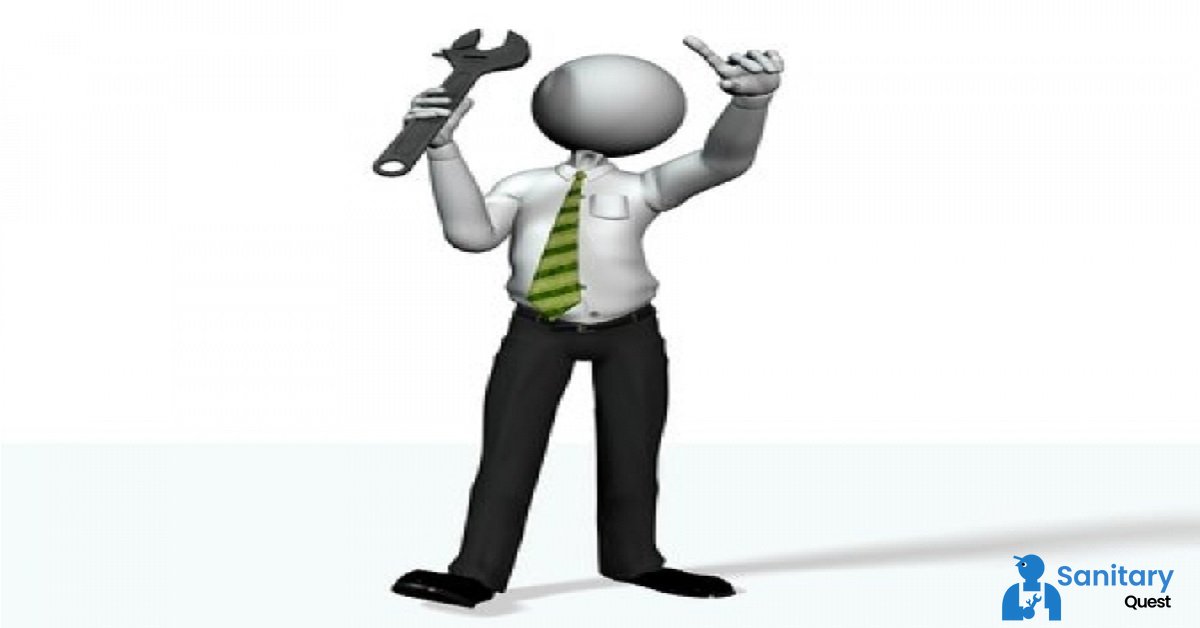
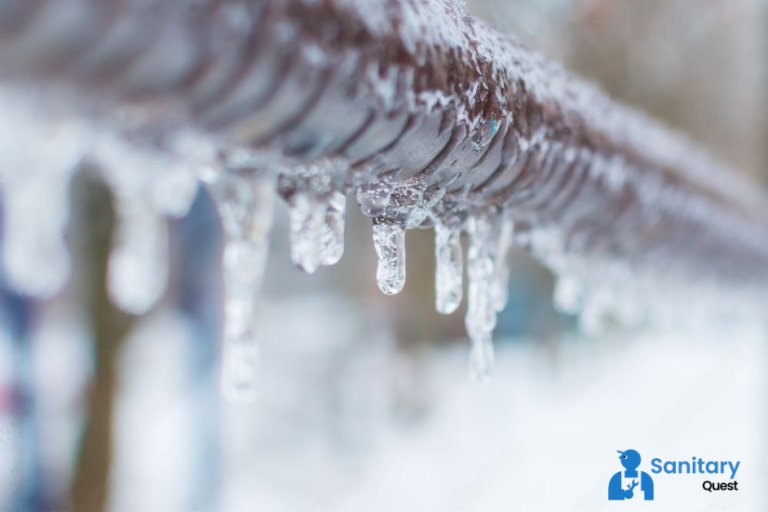
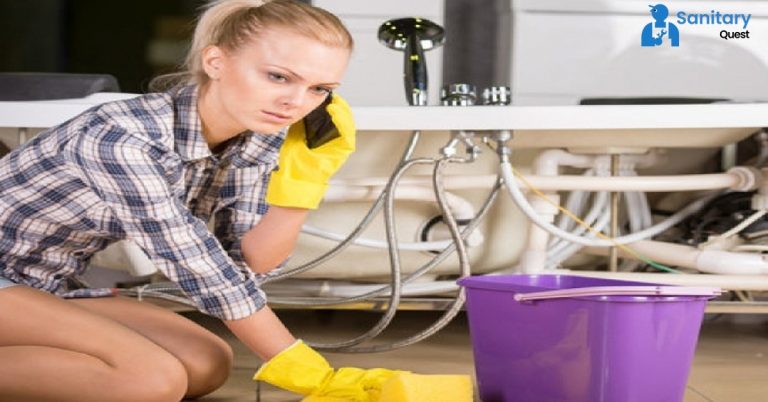
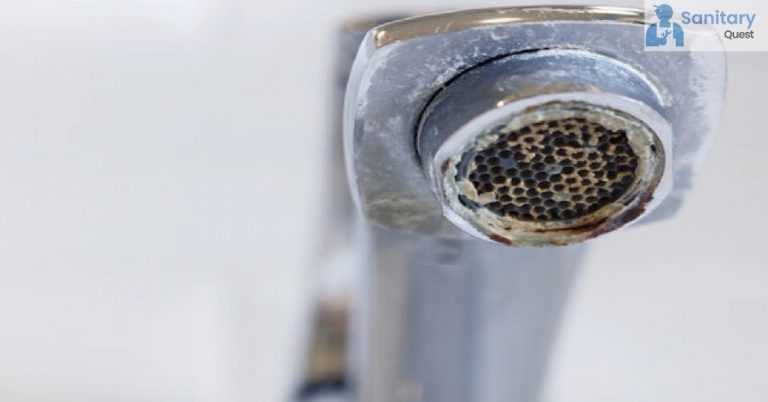
![How to Prevent Mold Growth in Your Bathroom DIY Tips Sanitary Quest How to Prevent Mold Growth in Your Bathroom? [DIY Tips]](https://sanitaryquest.com/wp-content/uploads/2023/01/How-to-Prevent-Mold-Growth-in-Your-Bathroom-DIY-Tips-768x402.jpg)
